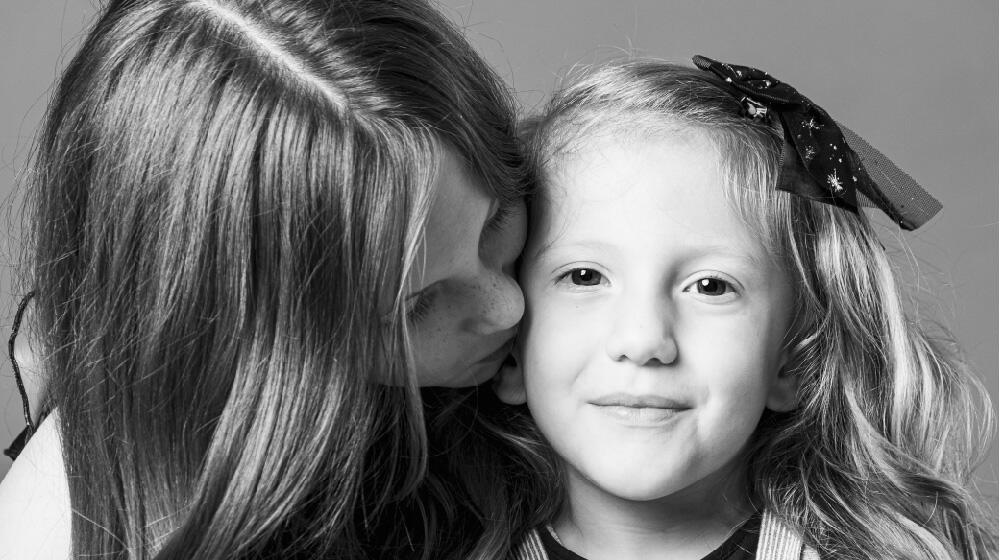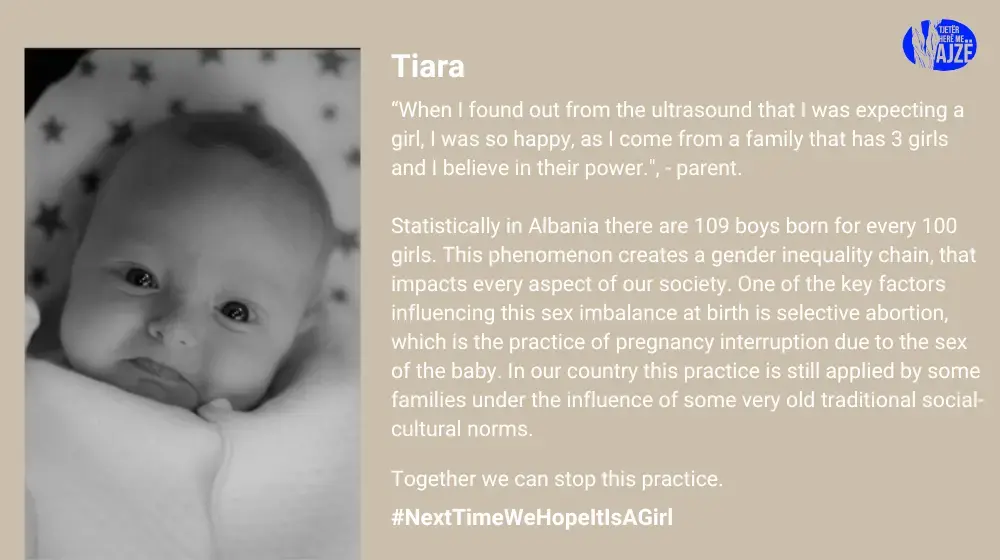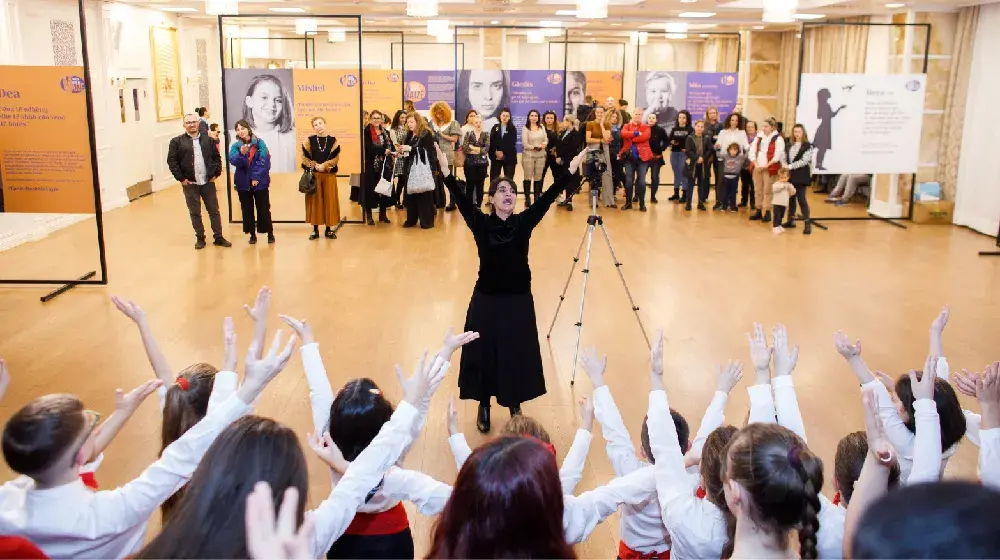For us, South Korea isn't just a distant land shrouded in mystery; it holds about 2-3 crucial lessons, especially when it comes to the deeply concerning issue of selective abortion based on gender.
For decades, even longer than in Albania, South Korea has grappled with a troubling reality: Korean families often favored having boys over girls and, unfortunately, resorted to selective abortion as a means to achieve this preference. Just like in Albania, these cultural biases ran deep, perpetuating the notion that girls were somehow inferior to boys!
However, in recent years, South Korea has undergone a remarkable transformation in its societal attitudes.
Working hand in hand, the government alongside various activist organizations and groups has launched a series of initiatives aimed at eradicating this harmful practice altogether. Initially, South Korea took a firm stand against female feticide, passing laws that criminalized abortions carried out for gender selection purposes.
At the same time, the country embarked on extensive awareness campaigns, emphasizing the importance of gender equality. One of the standout efforts was the push to support girls in STEM (science, technology, engineering, mathematics). Scholarships, mentorship programs, and a plethora of campaigns were launched nationwide, aimed at encouraging girls and women to pursue fields traditionally dominated by boys and men.
Parental leave policies were also revamped. Since 2021, South Korean fathers have been granted up to 52 weeks of parental leave. This significant step has not only eased the burden on new mothers but also underscored the importance of shared responsibility in childcare.
Additionally, the "Me Too" movement, a global phenomenon, gained momentum in South Korea, empowering women and girls to speak out against harassment and abuse of power. This cultural shift has provided a platform for victims to come forward without fear of reprisal, with the assurance that the law will be enforced impartially.
South Korea's healthcare system underwent a thorough review, ensuring that prenatal care and counseling services were readily accessible to all expectant mothers. This proactive approach aimed to equip future parents with the necessary guidance and support to make informed decisions about their pregnancies.
These transformative efforts extend beyond governmental and institutional realms. Both old and new generations in South Korea are being educated on the vital role of girls in society and the urgent need to address gender inequality. This collective awakening marks a departure from outdated cultural norms, signaling a more inclusive and equitable future.
In essence, South Korea's journey serves as a beacon of hope and inspiration, demonstrating that meaningful change is possible when society collectively commits to dismantling entrenched biases and fostering a culture of inclusivity and respect for all genders. And indeed, Albania can draw valuable lessons from South Korea's humanized approach in addressing the troubling issue of selective abortion.





